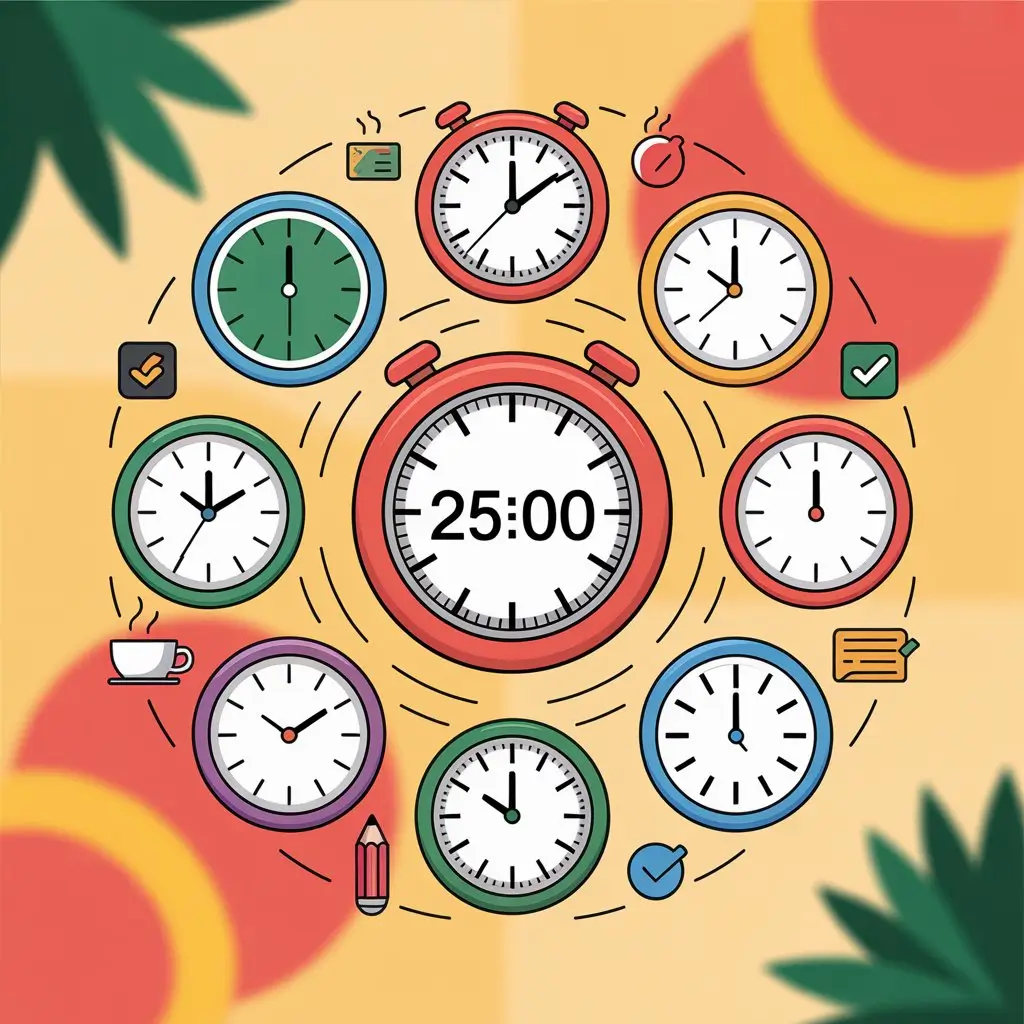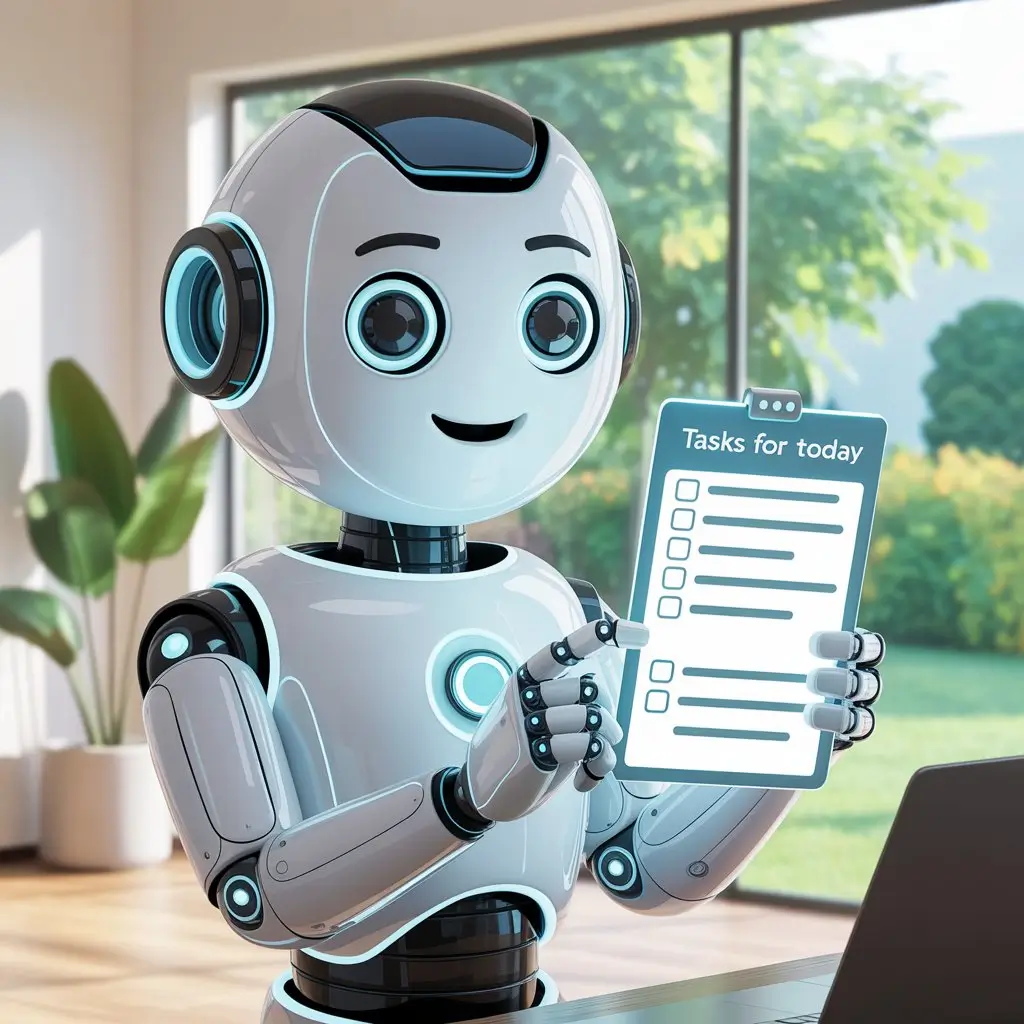Hardly a person is free of Procrastination problems at one point or another. It is that attitude of Procrastination, of postponing important assignments despite knowing we are making things difficult by procrastinating. Anyone is free from Procrastination. The habit may result in stress, loss of opportunities, a feeling of chronic opportunities, and a feeling of chronic legal lagging. Although there are numerous conventional tips to counteract Procrastination, they either sound too broad or cannot be applied to our circumstances. Artificial intelligence, or AI, is the answer there. Indeed, by learning about our habits and behaviors, AI can provide us with personalized plans that help us comprehend why we procrastinate and can step-by-step stay focused and productive. This article will look into how Procrastination is being restructured with the help of AI-powered tools and make overcoming this formidable challenge easier than ever before.
Comprehending Procrastination Problems and Causes
It is not merely a matter of a lazy nature and lack of motivation, as the biggest procrastinators have more profound triggers of this phenomenon that influence how we think and feel. In certain situations, we procrastinate due to the feeling that those tasks are difficult or overwhelming. In other instances, it involves being so keen that everything has to be in place even before we begin, straying us from taking any step in the process. Sometimes, even the simplest things may be exhausting, and we might delay it only to avoid the pressure.
Such personal feelings and habits are addressed by some general advice to overcome Procrastination like writing a to-do list or setting a deadline, which is not always effective because of their unwillingness to address such individual issues. Each person has reasons to procrastinate; thus, a universal solution will not be very useful to an individual in the long term. The only way to eliminate the problem of Procrastination is to find a strategy that suits our individual needs and adjust it once a time. Here, personal assistance is quite crucial.
Probing the nature of Procrastination: Causes and Challenges
Procrastination is not merely laziness and lack of motives; it often has some underlying cause that influences how we think and feel. Sometimes, we procrastinate, knowing that we are overwhelmed or overwhelmed by the task’s difficulty. Then there are situations when we have to have everything in its place, and then we are ready to do it, and because of that, we may never do anything. Simple choices can be tiring, and we delay things to avoid stress.
Most general advice on overcoming Procrastination, such as creating lists of things to do or deadlines, is ineffective since such strategies fail to focus on these individual attitudes and tendencies. Everybody has his own reasons to procrastinate, and a universal solution may do little good most of the time. The most time-tested strategies must be able to adapt to each challenge as these challenges change. Here is a situation when individualized care will be necessary.

The main aspects of AI-based procrastination tools
With such an AI tool, one has to contend with several user-friendly features that will facilitate the challenge of ending Procrastination more proficiently and individually. To begin with, they are personalized coaching, and they do not give you generic advice. As the AI becomes more familiar with your routines, triggers, and working manner, it devises a specific plan that suits you better.
The other significant characteristic is 24/7 availability. AI will always be willing to coach you, no matter what time of day or night, without judgment or intimidation, unlike a human coach.
Behavior analysis is also employed by these tools to check how you use your time when you are distracted and when you do what you should not. This will assist the AI in knowing your procrastination habits.
The AI dynamically adapts your plan as you continue, switching tactics based on what works or what you are weak at. Lastly, numerous AI-based tools provide feasible features such as the ability to divide your large project into smaller pieces, learn to set priorities and avoid distractions to become proactive and focus on the task.
The most famous AI tools and platforms to beat Procrastination
A large number of AI-based tools are currently present that can help provide a proper guide on combating Procrastination by providing individual assistance and measurable options. For example, Aidx.ai employs cognitive behavioral therapy to provide a limited-time and narrowly focused coaching session that enables anybody to comprehend and alter procrastination patterns.
The next tool is ResearchWize. This smart assistant helps divide huge projects into small steps, making originally intimidating tasks less daunting.
Timesaving tools such as Taskade AI, ClickUp, and Wrike AI are prepared with AI functions that are geared to help you become more productive as they aid in the planning and prioritization of projects as well as reminders to keep the brain occupied and minimize decision fatigue and hence Procrastination.
Besides, there are other apps, such as RescueTime, that monitor how you use your time on your devices to help reduce distractions and keep you focused on what is most important.
Such tools merge the AI that learns how to work with you and practical functions that make it possible to be more on track and more individual.

Real-Life Measures to Use AI to Stop Procrastination
Goal establishment is a prerequisite to realistic goals to beat one of the hardest problems using AI. Most AI instruments will assist you in establishing SMART goals, that is, Specific, Measurable, Achievable, Relevant, and Time-bound, to understand what you desire to achieve.
Then, AI assistants can divide big workloads into smaller and achievable tasks. This makes it less scary to start, and good progress can be maintained.
AI also allows prioritizing tasks since it allows defining what is the most urgent or important so that you can pursue your energy where it is needed the most.
Another important measure is to schedule intensive work sessions. AI applications can recommend the most productive parts of the day and remind you to take a break before you burn yourself out.
In case you need some help, AI-powered reminders and accountability mechanisms will motivate you to continue working, even when you feel low motivation.
Lastly, you should periodically check your progress and provide AI feedback. This enables you to know what is working, make changes to your strategies, and continue to improve with time.
The potential of AI in Managing Procrastination
There are various evident advantages of AI regarding procrastination management. Among the greatest benefits is personalization, as with the help of AI tools, strategies can be adjusted to your habits and problems so that advice can be much more relevant and useful. AI tools also do not require any appointment whenever you need them; you can always receive support, even in the smallest moments. Recently, AI-based solutions have been relatively inexpensive compared to human coaching. A personalized plan can easily adjust itself according to progress.
AI is not a magic bullet, however. It requires you to be actively involved and keen on following its recommendations. The best AI tools will result in permanent change without commitment. There are also cases where artificial intelligence might not comprehend in detail some complicated emotional or mental factors that cause Procrastination, and therefore, using AI along with human understanding or therapies can be significant where the problem is deeper.
To conclude, AI-based tools can help overcome Procrastination, but only when complemented by self-recognition and human assistance in case of necessity.
Conclusion
Procrastination is one of the most common issues preventing us from fulfilling our potential. An AI-based solution to this issue is also more fortunate because it is not impersonal. It assumes to know our behavioral patterns and offers individual approaches. Features such as real-time feedback, behavior tracking, and adaptive coaching make AI tools useful in keeping a person on track, dividing tasks into small steps, and developing stronger work habits.
AI is not a panacea, but it may serve as an assistant when you conquer Procrastination. You can easily transform Procrastination into a controllable problem when you combine correct AI help and your determination with, possibly, professional counsel. The adoption of AI-based technologies in the present day might be the secret to increased productivity and stress-free moments in the future.⬈

